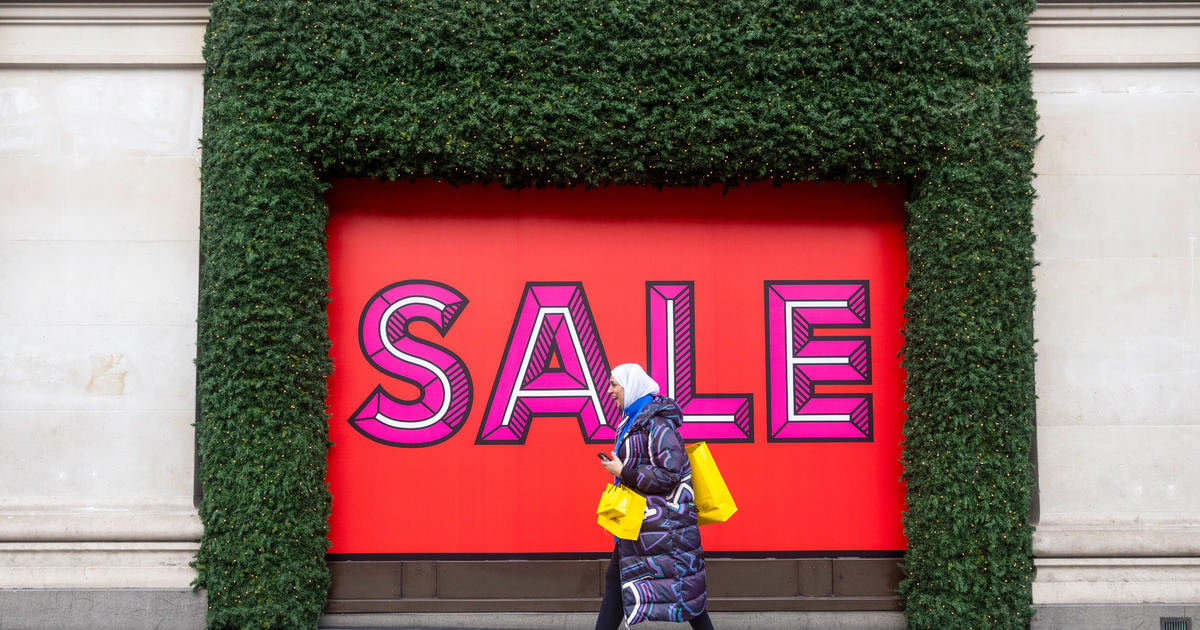Shoppers weren’t entirely tight fisted during the holiday season, despite the ongoing pressure of inflation on household budgets.
U.S. retail sales grew 3.1% this holiday season, according to a Mastercard pollthat tracks in-store and online retail sales. Spending on restaurants increased 7.8% from last year, while apparel and grocery-related purchases were up 2.4% and 2.1%, respectively, according to Mastercard.
Robust consumer spending bodes well for the economy’s present and future, according to Goldman Sachs.
“We continue to see consumer spending as a source of strength in the economy and forecast above-consensus real spending growth of 2.7% in 2023 and 2.0% in 2024 in Q4/Q4 terms,” economists with the investment bank said in a mid-December report.
Consumers proved more willing to shell out on online purchases compared to in-store purchases, with online sales growing 6.3% this holiday season versus a 2.2% increase in sales at brick-and-mortar stores, Mastercard’s data shows.
But not all retailers profited from shoppers’ open wallets.
Pockets of worry
Consumers spent 0.4% less on electronics and 2.0% less on jewelry compared to the 2022 holiday season, as price-conscious consumers cautiously embraced seasonal sales, Mastercard’s datashows.
For many consumers, increased spending over the holidays may also bring more debt. About 2 in 3 Americans say their household expenses have risen over the last year, with only about 1 in 4 saying their income had increased in the same period, according to an October poll from The Associated Press-NORC Center for Public Affairs Research.
The strong holiday shopping turnout reinforces the likelihood the Fed will achieve its goal of so-calledsoft landing, some analysts say. Even so, some forecasters predict that consumer spending could peter out later next year.
“PNC expects a decline in consumer spending in the second half of 2024 as the U.S. economy enters into a mild recession,” PNC analysts said in a research note. “High interest rates and modest job losses will cause households to turn more cautious. However, there’s still about a 45% probability that the U.S. economy avoids recession and consumer spending growth slows, but does not outright decline.”
The Mastercard SpendingPulse excluded automotive purchases.


